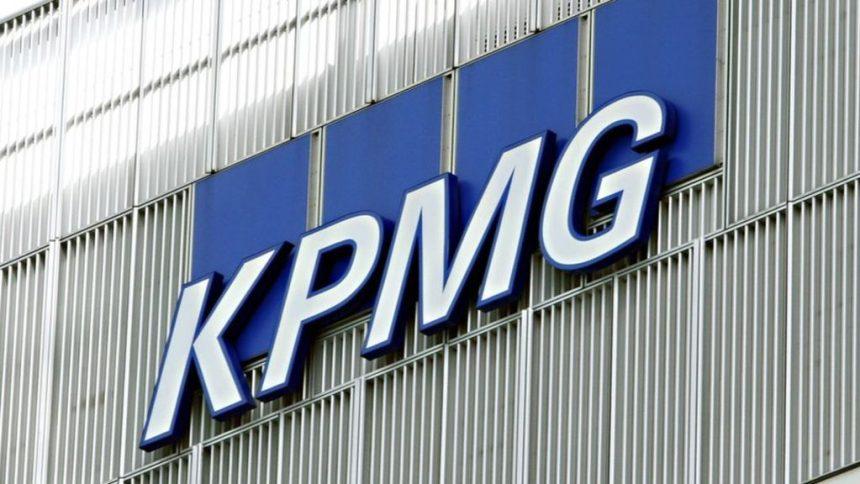KPMG’s analysis of Nigeria’s economic landscape exposes worrying signs, attributing the plummeting investor trust to major corporations exiting the country. Urging sustained annual investments of $14.2 billion over a decade, KPMG emphasizes the urgency to bridge Nigeria’s colossal 40% GDP infrastructure gap.
The report highlights the prevalence of short-term capital inflows, declining portfolio investments, and looming risks of currency depreciation and economic instability. KPMG stresses the necessity for stable policies, enhanced infrastructure, and regulatory efficiency to restore investor faith.
The report outlined various factors impacting the economy, including the dominance of short-term capital inflows like trade credit and loans, the decline in portfolio investments, and the risks posed by reduced foreign exchange liquidity. KPMG stressed that these trends could lead to currency depreciation, higher consumer price inflation, reduced job creation, and economic instability.
READ ALSO: Tanzania- Low cost Of housing in limbo amid high cost of building materials
Highlighting the significance of foreign investment, KPMG warned of the potential adverse effects on technological advancement, expertise sharing, and overall economic competitiveness due to the departure of multinational companies. They urged urgent action to restore investors’ trust, emphasizing the necessity for stable macroeconomic policies, improved infrastructure, and streamlined regulatory processes.
Despite the negative trends, KPMG recognized the potential for self-sufficiency and the development of domestic resources due to reduced reliance on foreign capital. They emphasized the importance of balancing foreign investment attraction with fostering local business growth.
The report by NBS indicated a significant decline in total capital imported into Nigeria in Q3, 2023, raising concerns about the country’s investment attractiveness and the need for strategic interventions to reverse this trend.
Source: Arisetv



